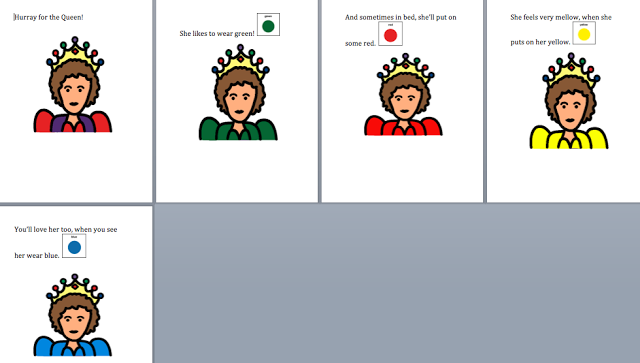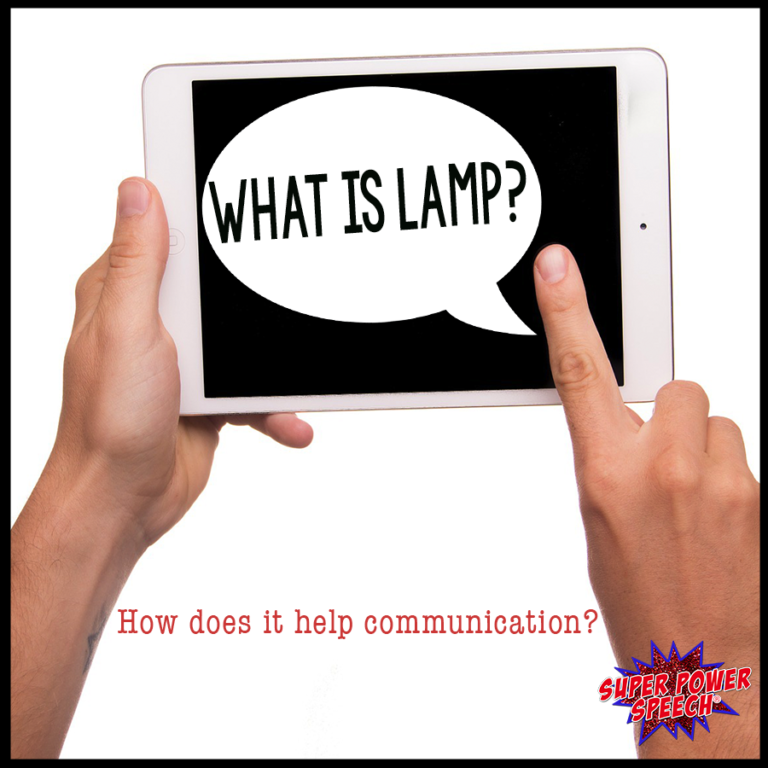Unspoken social rules
Our social knowledge is vast. And for most of us, it was never directly taught. We picked up on it as we grew older instinctively. Or our peers taunted us until we figured it out. The following are a few examples of things I learned from a recent Michelle Garcia Winner conference about rules that are taught, and those that are untaught.
All of you are sitting there quietly. And none of you look particularly happy. And that is considered good social skills in this setting.
How many times do we tell students to sit silently and scowl? Really.
More likely, we tell the student to smile, be happy, or perk up. But imagine that child sitting in class, facing the teacher, and grinning broadly. That would not be appropriate social skills. In fact, I’d wonder why the child was laughing at me! But no one teaches this skill until the unspoken rule is broken. Even then consequences are often doled out with the rule being thoroughly explained.
Here is another example from Ms. Winner:
We are always monitoring what we do and what other people are thinking. For example, if I were in church, I would sit relatively quietly and discretely hide any bodily noises. However, if no one else were in the building with me, I would cough, burp, etc. without restraint. If there were 2 or 3 people in the space with me, I would keep my body noises to a minimum, but I would talk. It would be socially awkward to not speak in a small group and sit with a sustained silence.
When do teachers explain the lesson that sustained silence in a small group is awkward, but sustained silence in a large group is expected?
A child with social differences, such as a child with Autism Spectrum Disorder, may not learn these social rules by watching his peers. Instead he may need direct instruction in each of these areas. Ms. Winner explained that these students may benefit from peer mentoring, but not modeling. With mentoring, a peer is assigned to actually teach the child how to “fit in” better with the group. She warned, however, that kids are only enthusiastic to be mentors when in elementary school. In secondary school, students do not want to be seen with another student from a difference social peer group. I saw this completely when recently reading the book Nineteen Minutes about a student who is bullied and harassed by most of his school. No one wants to be seen with him, and no one wants to teach him how to fit in. How lonely and depressed is he.
What are other unspoken rules you can think of from childhood?








You have been tagged.
http://www.successfulwahm.blogspot.com
Cindy
That is so true, and even knowing that about our boys it is still hard to remember when we need to explain things thoroughly, sometimes it’s so “generally accepted” that we don’t even think about and realize it needs to be spelled out. What’s hard is when the “rules” are ambiguous or there are a number of “exceptions” to the rules. I have to give my sons credit, if I had to make a point of remembering all that stuff instead of having it come fairly naturally, I’d never make it.
Thanks for stopping by my blog :).
Other unspoken rules:
*Personal Cleanliness like showering, brushing teeth, clean clothes
*White lies
Understanding how to join a group is huge.
I think it’s terrific that there are now classes that can teach these skills to kids that don’t develop them on their own.
This is great feedback from the conference. Sounds like much was gleaned from it. I have never understood why teachers make students walk in line slowly and then stop every so often. this does not prepare them for anything in life, unless how to deal with post office and bank lines.
I think it would be way hawter to belch and fart in church while yelling loudly … but nobody ever asks me my opinion!
*chuckle*